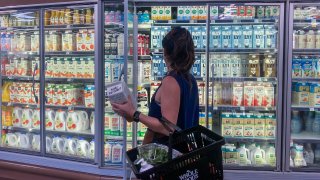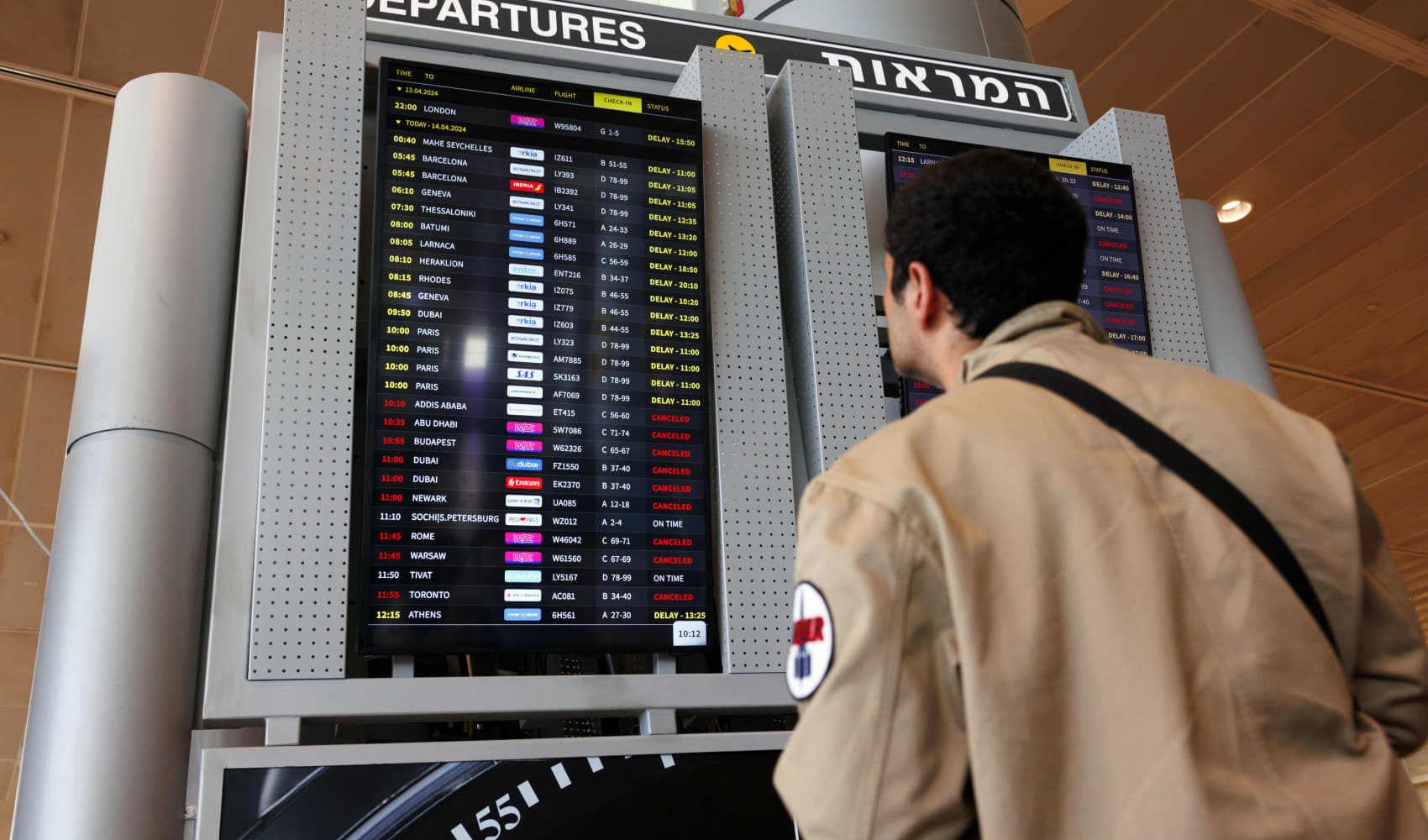
- A majority of CFOs surveyed by CNBC said they do not think inflation has peaked.
- The Federal Reserve has indicated it will continue to hike rates until it gets inflation under control, with Fed Chair Jerome Powell recently saying that "inflation has not really come down."
- The CNBC CFO Council Survey is a sample of views from the C-suite at top corporations and organizations, with this quarter’s survey including responses from 21 CFOs.
At CNBC's Delivering Alpha Investor Summit in New York City Wednesday, several big names in the investor community indicated they see no signs inflation is waning.
David Rubenstein, the co-founder and co-chairman of Carlyle Group, said while "we've been used to 2% inflation for the last 25 years, we have to get used to the fact that inflation is not going to be 2% anytime soon," adding that "it takes a long time as Paul Volcker said to get it out of the system."
Get South Florida local news, weather forecasts and entertainment stories to your inbox. Sign up for NBC South Florida newsletters.
"This inflation is here to stay," said JPMorgan Asset & Wealth Management CEO Mary Callahan Erdoes.
The view that inflation has not yet peaked is one shared by many chief financial officers at top companies, according to the results of the latest CNBC CFO Council quarterly survey.
A majority of CFOs (57%) said that they do not think inflation has peaked. More than a quarter of the CFOs say inflation is the biggest external risk factor facing their businesses. That is down from 40% who cited inflation last quarter, as concerns about consumer demand in the softening economy rise among CFOs, and more now cite it as their No. 1 risk.
Money Report
The CNBC CFO Council survey is a sample of the current outlook among top financial officers. It was conducted among 21 chief financial officers at major organizations between September 12-27. Council membership includes 44% of CFOs from Fortune 500 firms, and of that cohort, half from Fortune 100 firms.
Executives from companies across the economy have added to this view of inflation in recent weeks. Costco CEO Craig Jelinek told CNBC's Jim Cramer on September 13, "I think you're going to see maybe another six months to a year, things will start to come down."
Unilever CEO Alan Jope said on CNBC's "Closing Bell" on September 6, "We're not seeing an easing off in our landed costs. So, any early optimism that inflation has peaked is misplaced."
At a press conference on September 21 following the Federal Reserve raising benchmark interest rates by another three-quarters of a percentage point, Fed Chairman Jerome Powell said that while the Fed's "expectation has been that we would begin to see inflation come down … inflation has not really come down."
With persistent inflation, CFOs have shifted their view regarding the timing of a recession as a result of the Fed's rate hikes.
Nearly half (48%) of CFOs polled said they expect a recession in the first half of 2023, down from the previous quarter's survey when 68% cited the first two quarters of next year as the most likely start of a recession, as more CFOs move recession expectations closer in time. Nineteen percent of CFOs now say they expect a recession in the fourth quarter of this year, up from 13% in Q2. Furthermore, another 19% of the CFOs said that the U.S. economy is in a recession now.
Deputy Treasury Secretary Wally Adeyemo told CNBC's Ylan Mui at Delivering Alpha that the Biden administration is doing everything it can to combat inflation in order to avoid a recession.
"Consumer confidence is still high. Consumer and corporate balance sheets are healthy. We have a great deal of momentum in the labor market in which we get more than 300,000 jobs over the last three months on average," he said.
The CNBC survey finds companies still in hiring mode, with 57% of CFOs saying they expect to add to headcount in the next year. Less than 10% expect to reduce staffing levels.
Overall, the CFOs polled in the CNBC CFO Council survey support the Fed policy moves to get inflation under control, with more than half (52%) saying its efforts have been fair, while 19% said they have been good. Approximately 29% said those efforts have been poor.
"We have always understood that restoring price stability while achieving a relatively modest decline, or rather increase, in unemployment and a soft landing would be very challenging and we don't know, no one knows whether this process will lead to a recession or if so, how significant that recession would be," Powell said at his most recent post-Fed meeting press conference. "That's going to depend on how quickly wage and price inflation pressures come down, whether expectations remain anchored, and whether also, do we get more labor supply, which would help as well."






